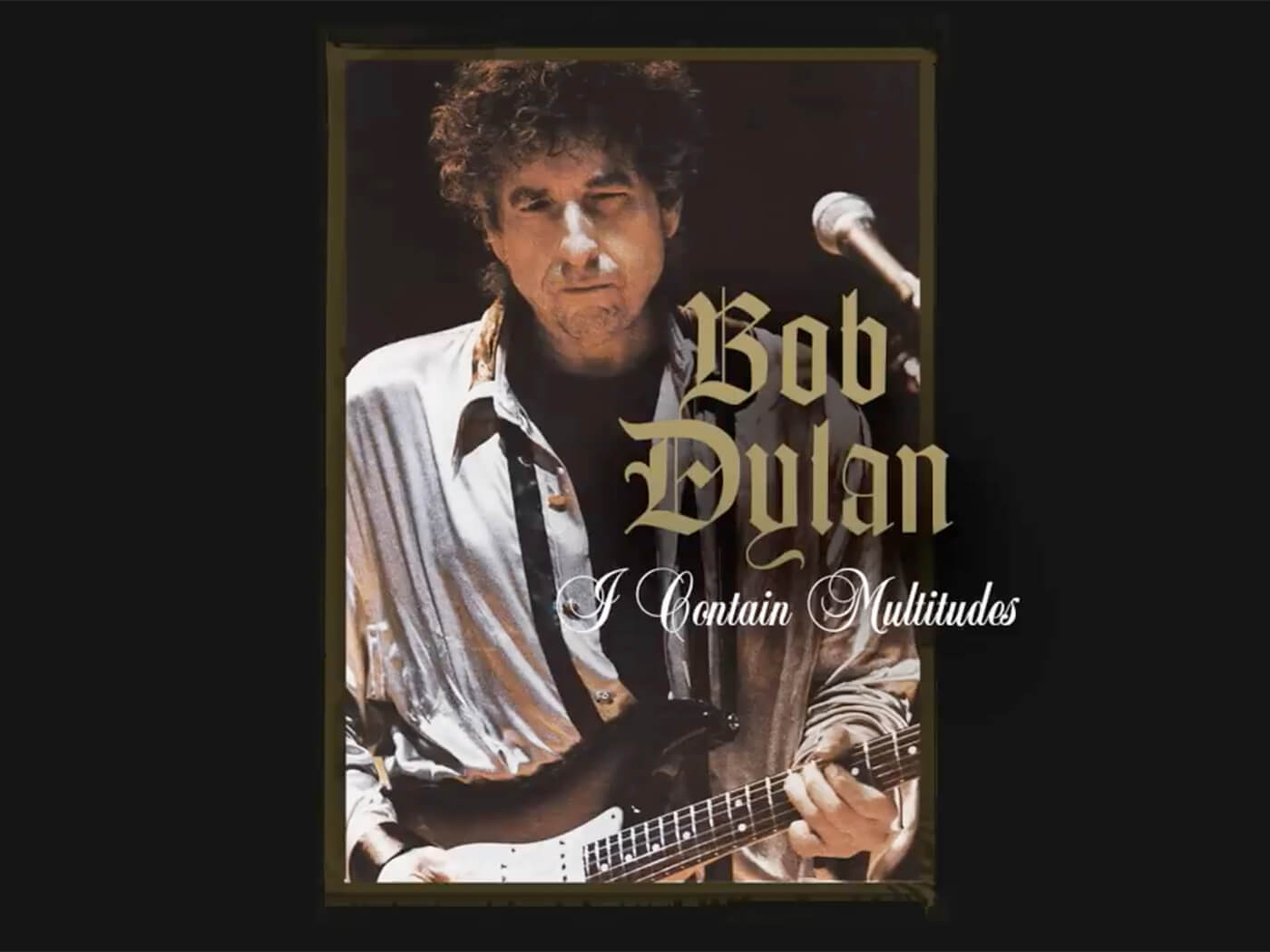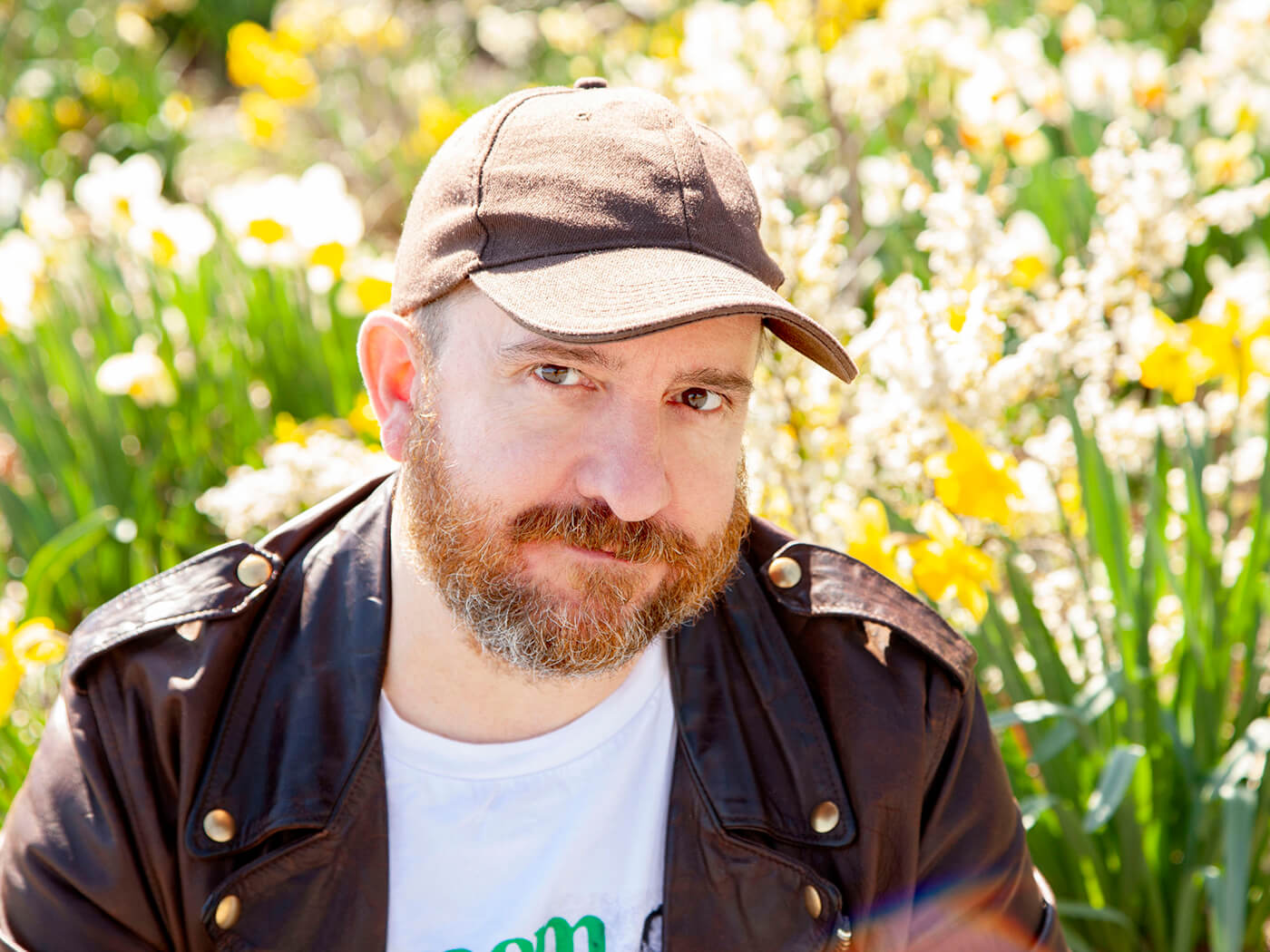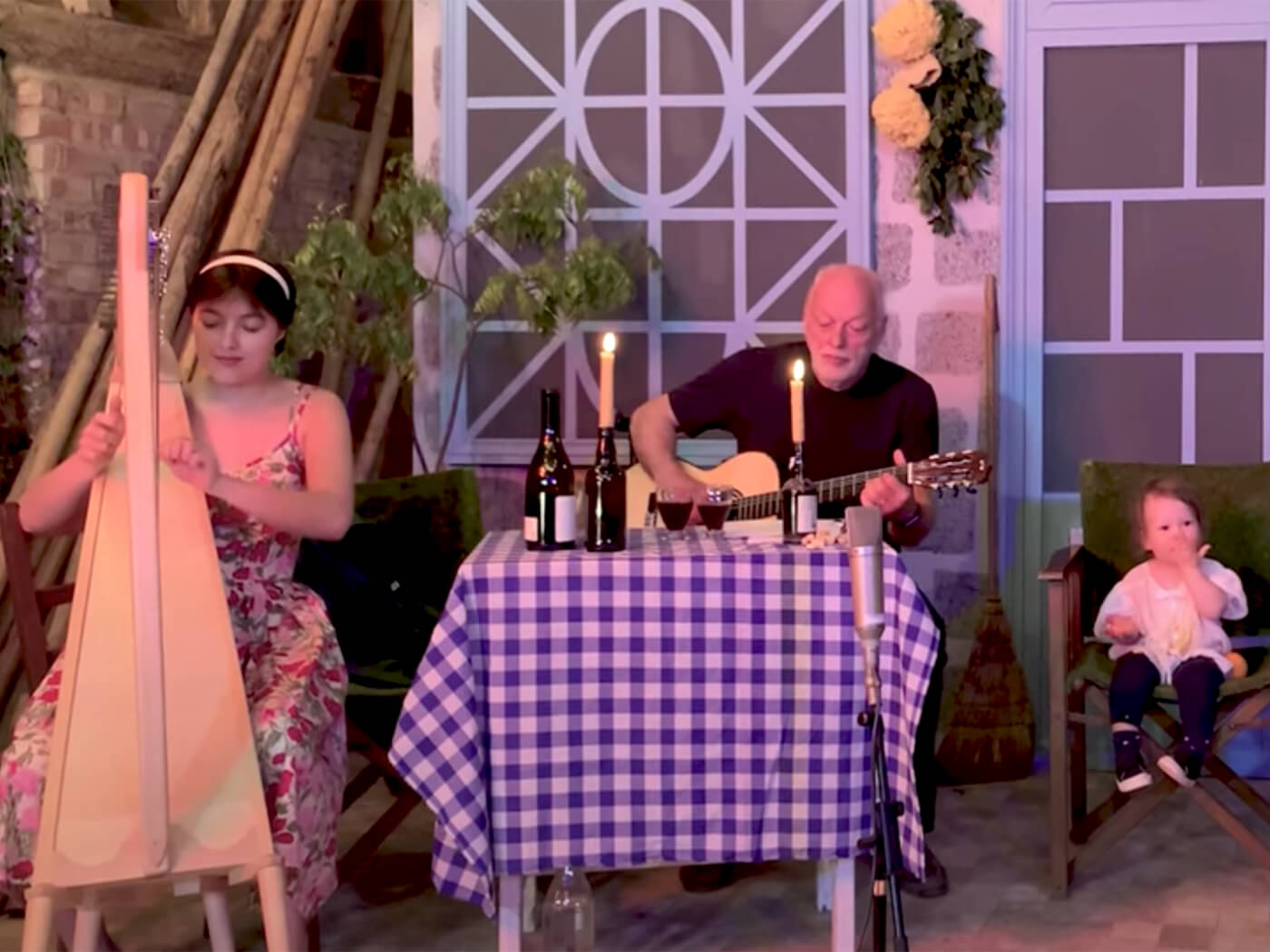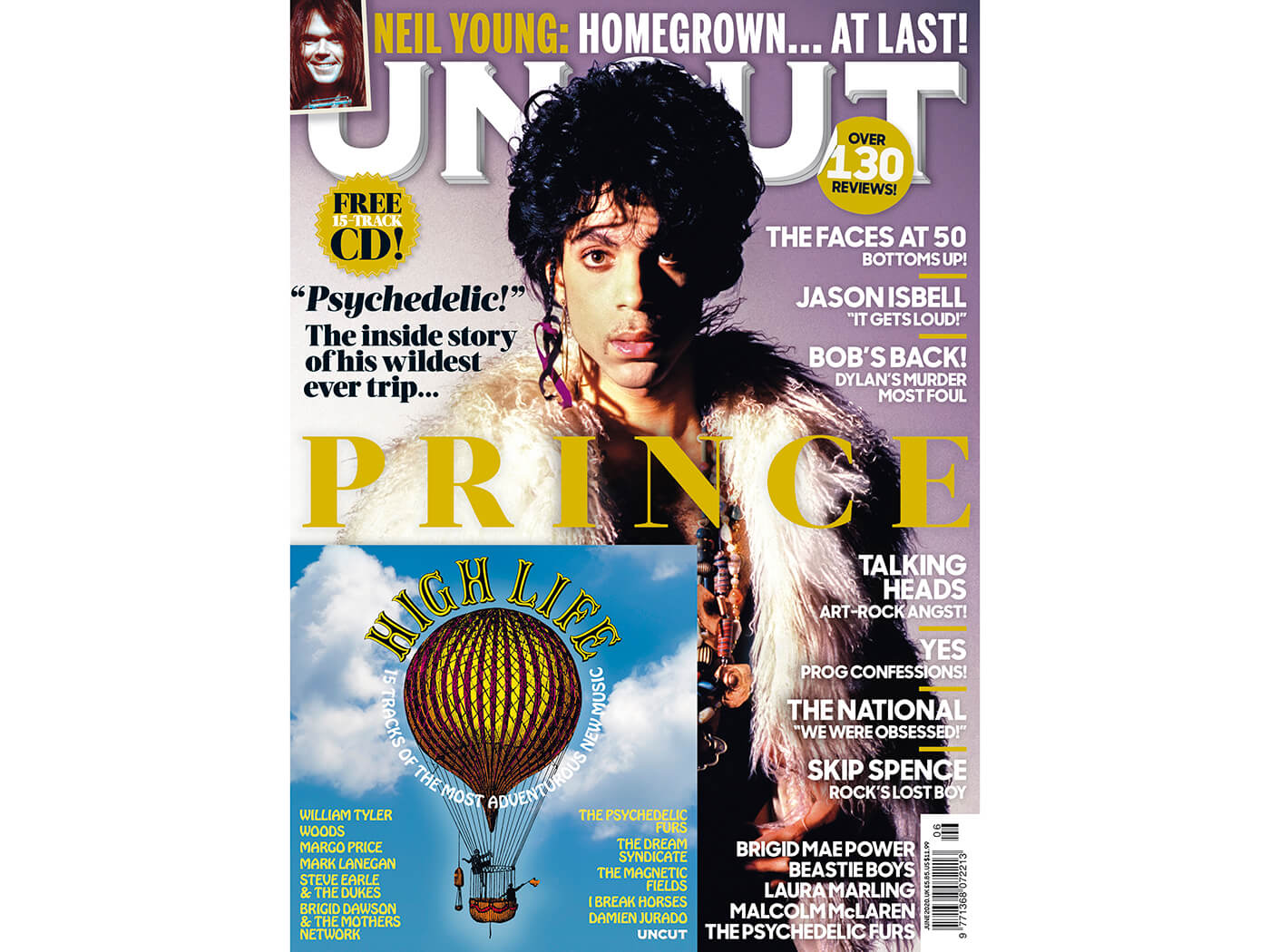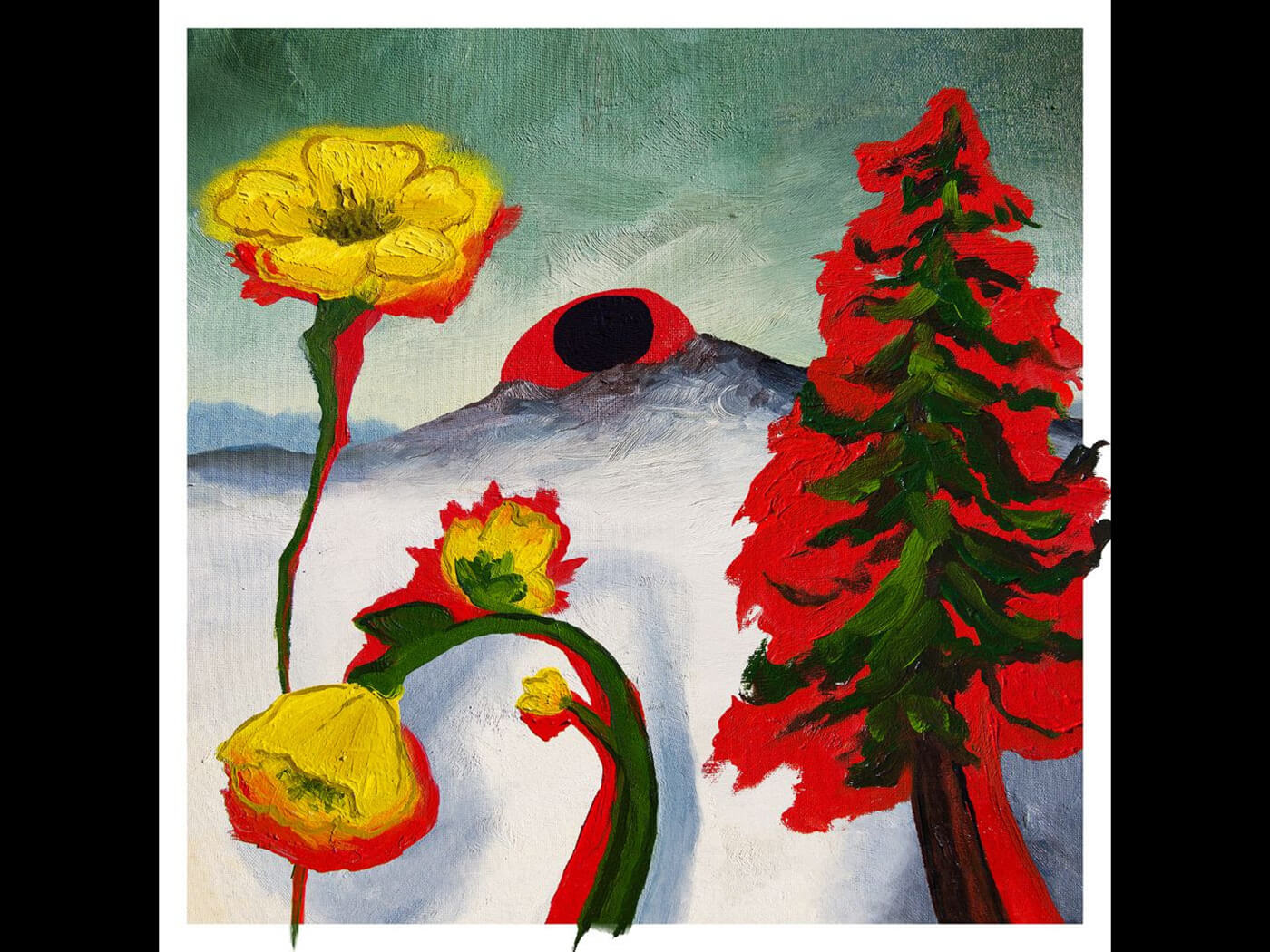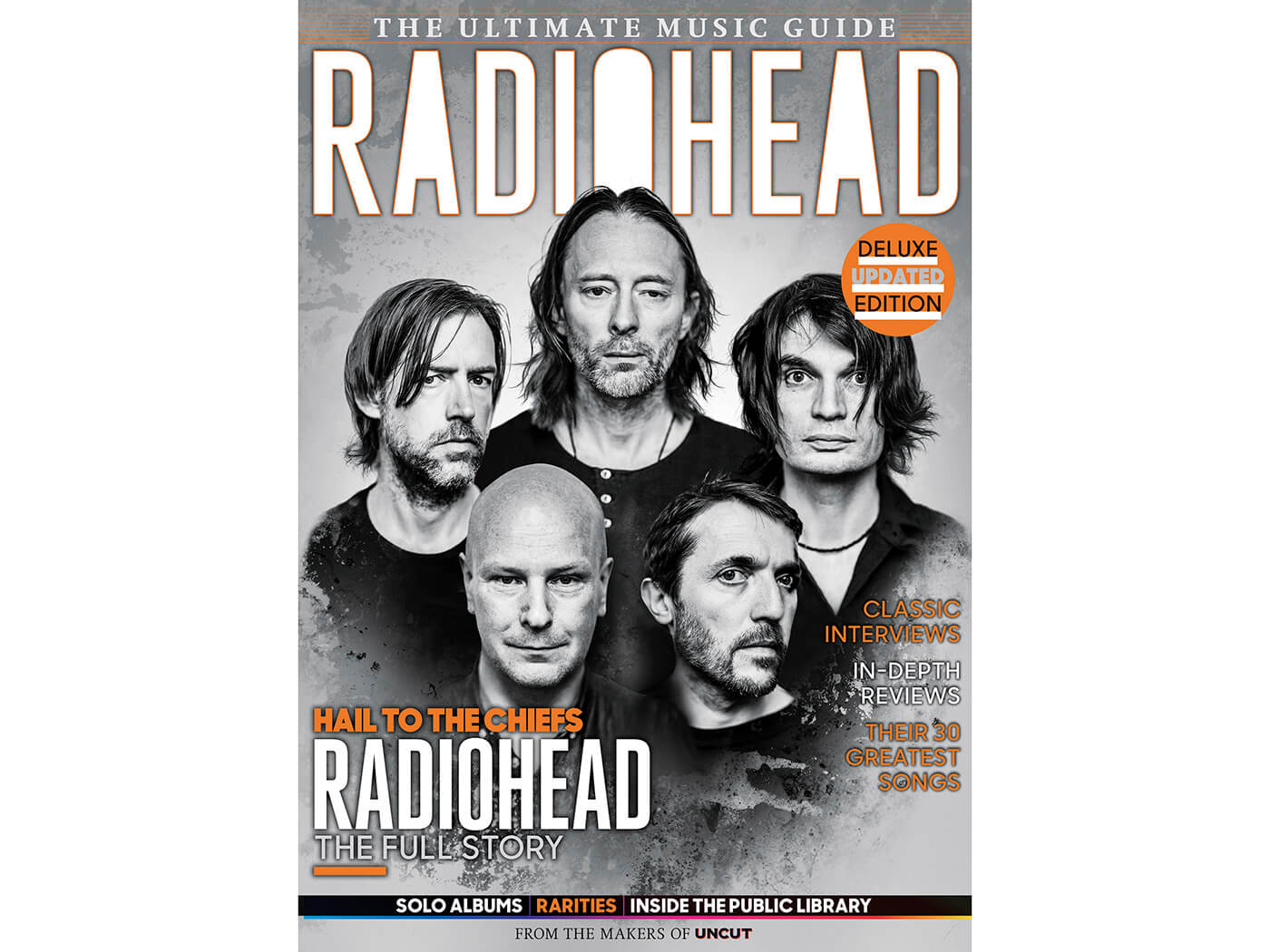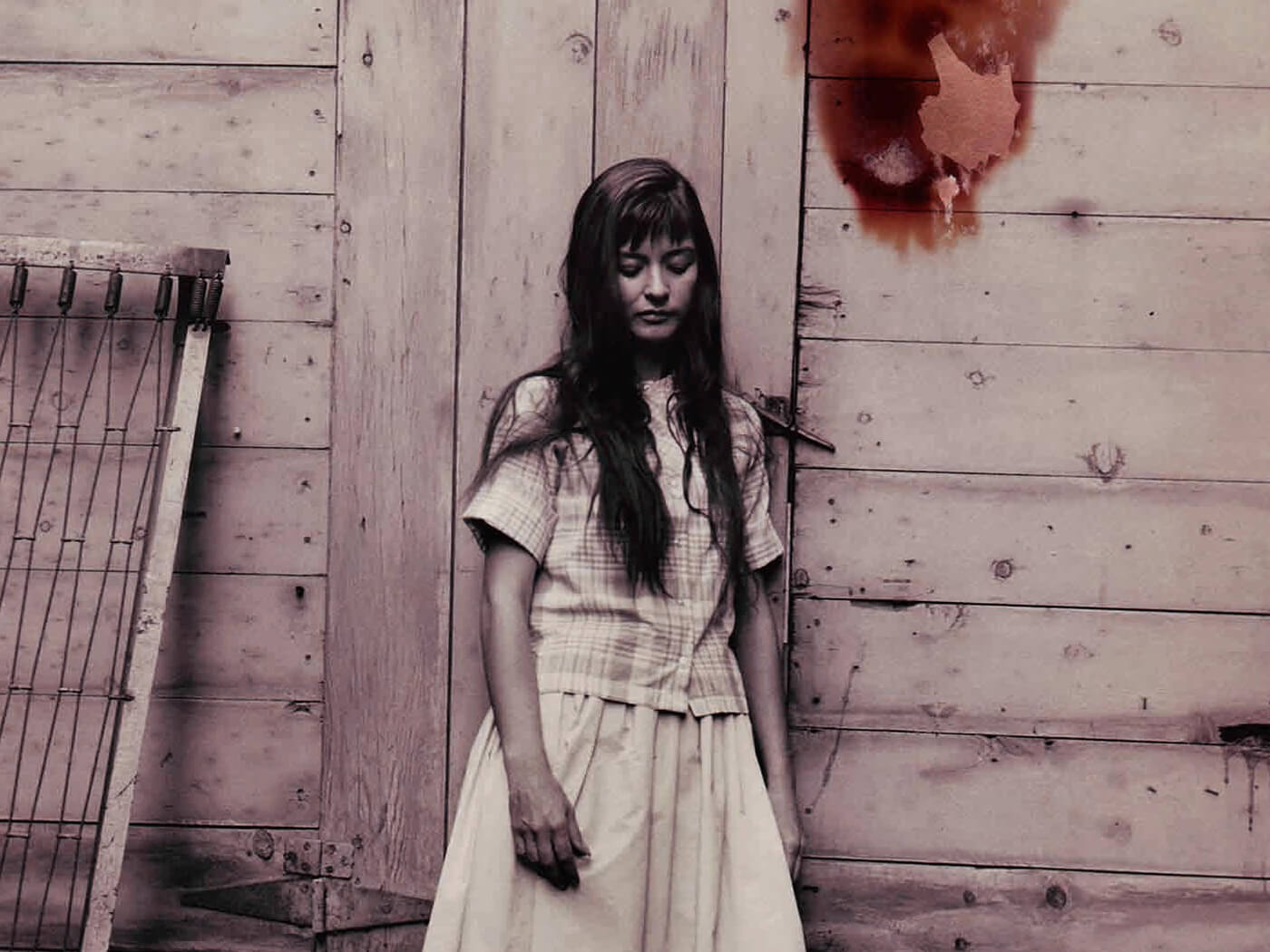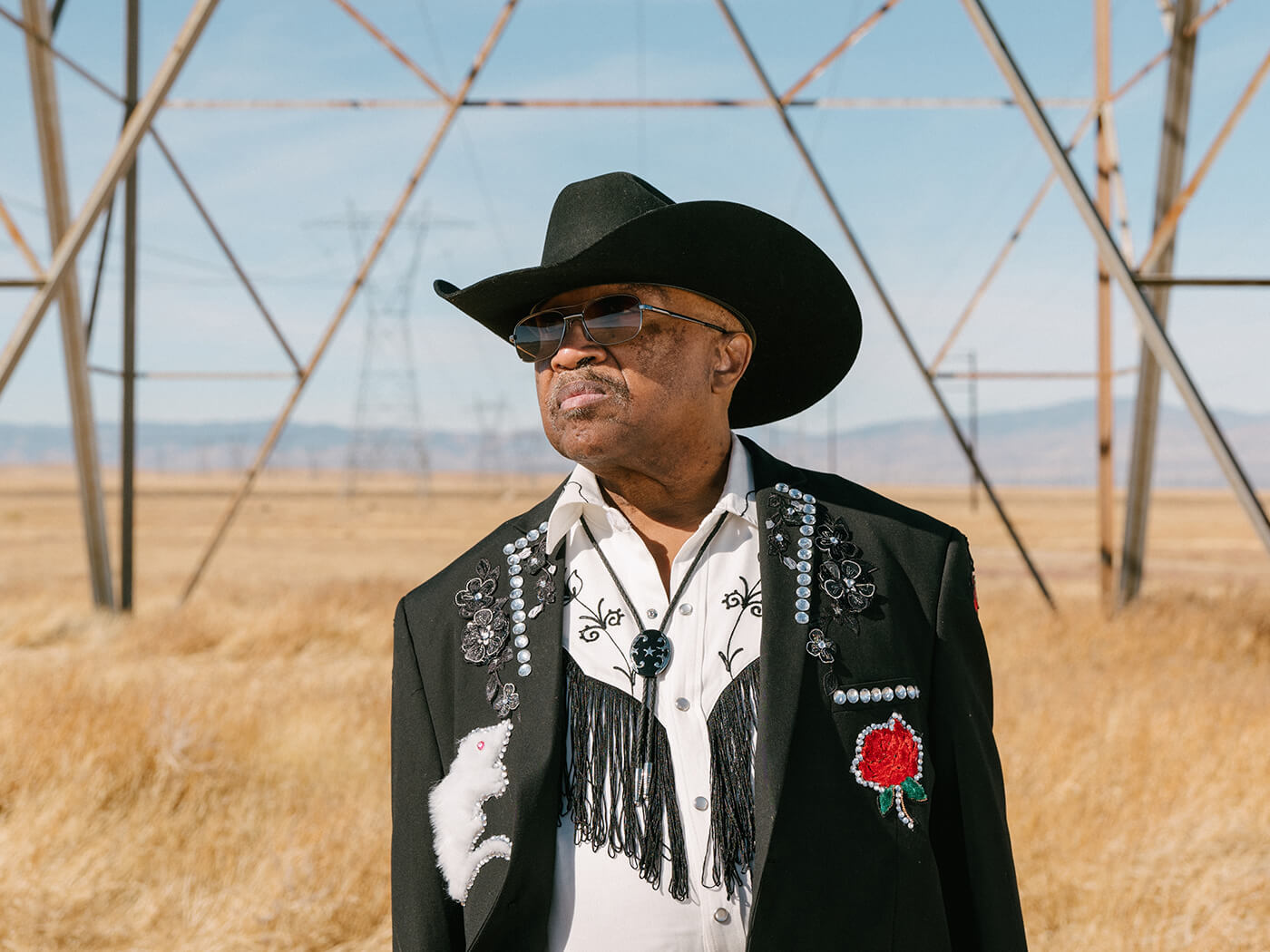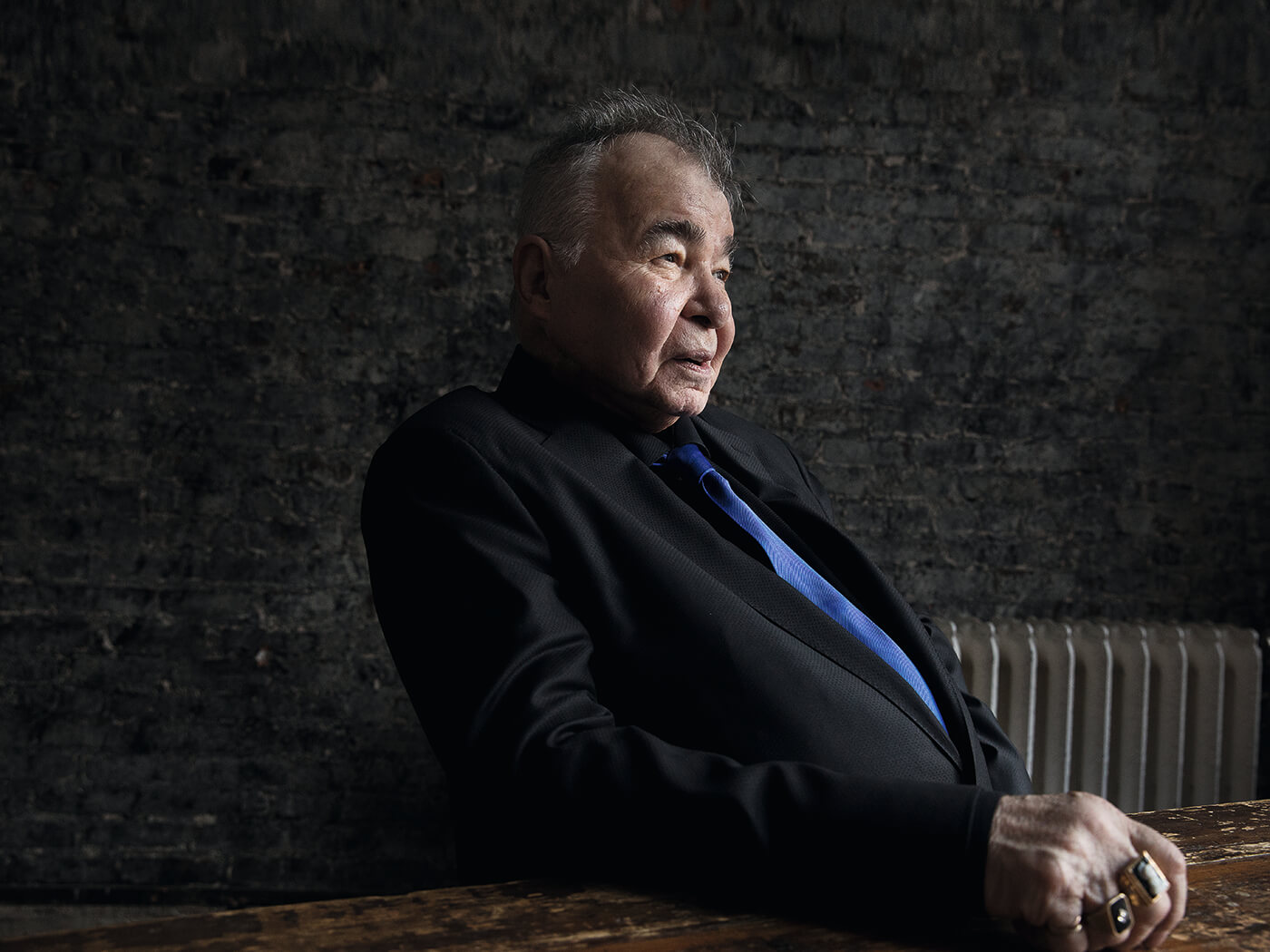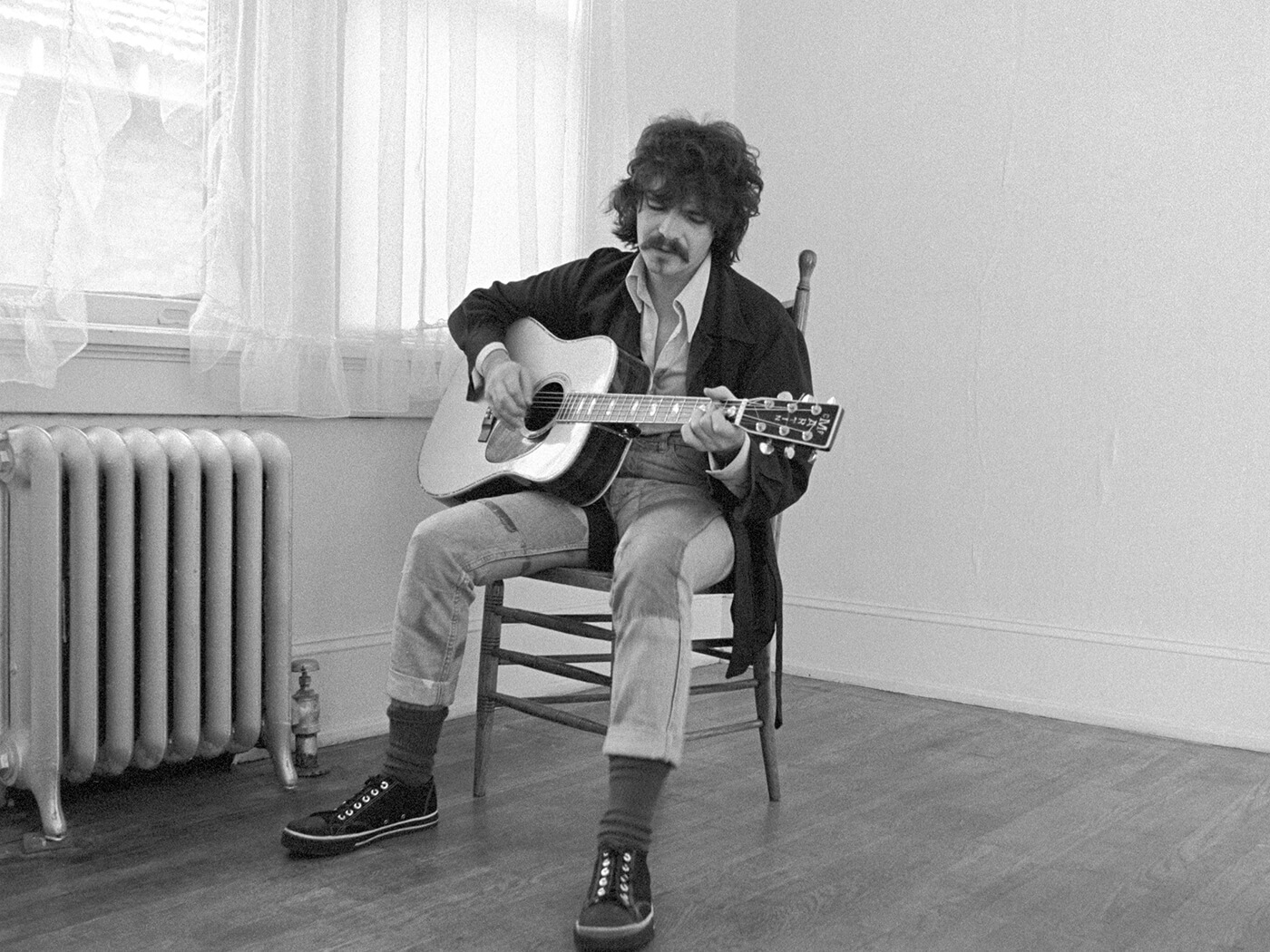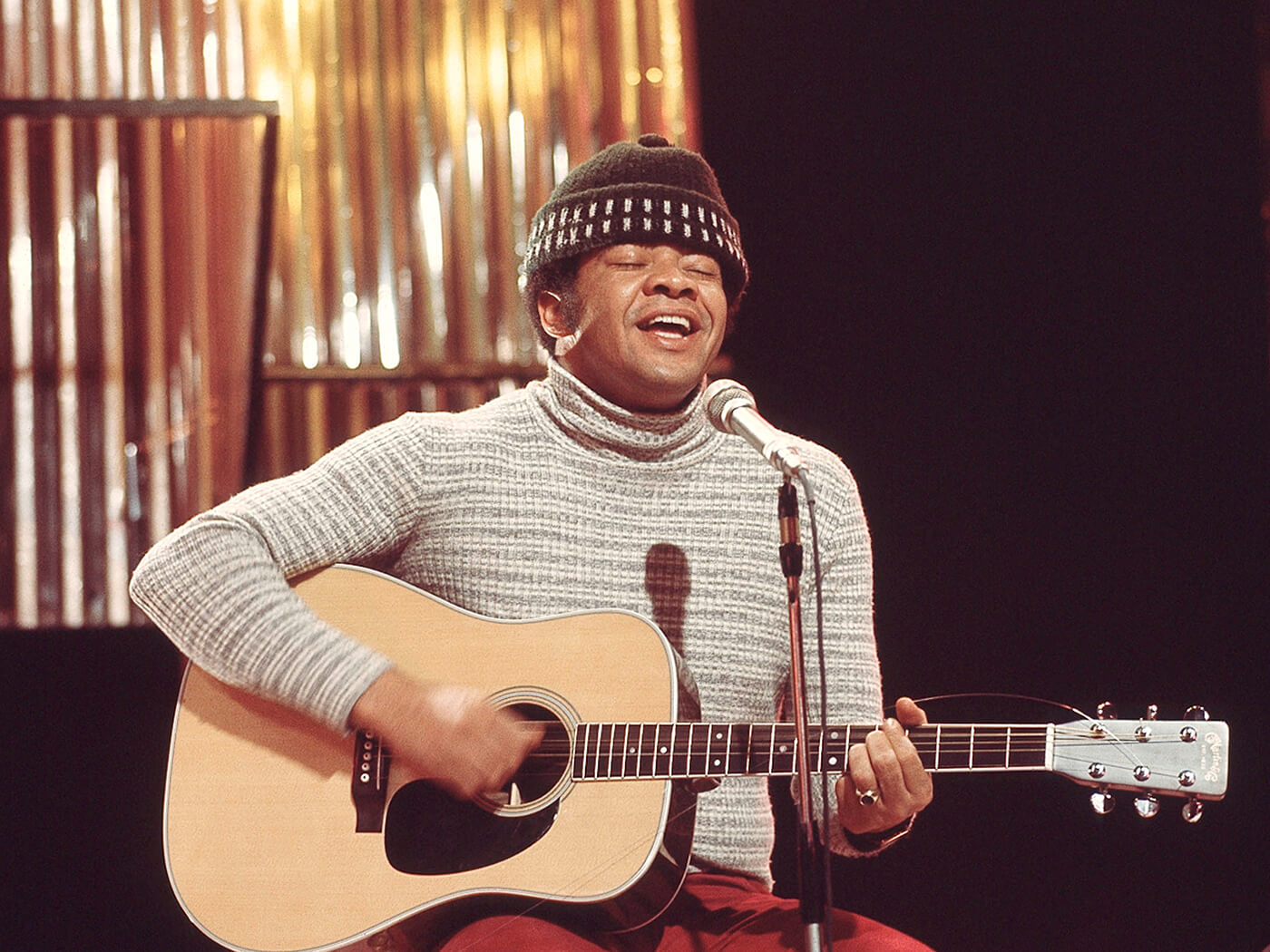In this feature from Uncut’s May 2018 issue, Stephen Deusner heads to Arnold’s Country Kitchen in Nashville, where over a hearty lunch John Prine reflects on a singular career – pausing only to
regale us with yarns involving Phil Spector, homemade cocktails and ancient Roman deities. What’s got him this far? “Dumb luck is what that is,” he says.
No sooner has he sat down, Prine begins talking about “God Only Knows”, a song on his new record, The Tree Of Forgiveness. It’s his first album of original songs since 2005’s Fair & Square, showcasing the wit and whimsy that have been his signature for nearly 50 years. “God Only Knows” is a rambling country-rock tune about spiritual karma, featuring Jason Isbell on guitar and Amanda Shires on fiddle. But Prine shares co-writing credit with an unexpected collaborator: Phil Spector. Scooting his chair closer to the table, Prine explains how he first met the producer.
One night in the late 1970s, Prine was invited up to Spector’s house in LA. “It was absolutely bonkers,” he says, punctuating his understatement with a chuckle. “He’s wearing a three-piece suit with two shoulder holsters, and he’s got two bodyguards following him everywhere – a short guy and a big guy who looked like Chewbacca. He’d just finished Death Of A Ladies’ Man. Me and Phil were shooting pool, and he puts it on 11. It was so loud, the balls were vibrating across the table.”
Trying to scare Prine’s manager, the new friends faked a brawl in the kitchen. “Phil starts shooting
his gun up in the air, and I throw a chair against the refrigerator. My manager doesn’t even blink. After
a couple hours of this foolishness, I grab my coat
and call a cab. Phil’s walking me to the door, and he walks me by this piano. He sits down and hands me an electric guitar, and we wrote a song called ‘If You Don’t Want My Love’. Took 30 minutes.”
Prine recorded the song, a wounded country-blues number, for his 1978 album Bruised Orange. When
he took the record over to Spector’s house, the two reconvened at the same piano and wrote half of “God Only Knows”. “When he was at the piano, that was the only time he was a normal person. When we sat down and were doing music, there was no bullshit.”
While he and Spector might seem like mismatched collaborators, Prine may have ventured a visit with the producer just to get a good story out of it. He loves spinning a good yarn, savouring the quirky details and the odd coincidences, the bizarre behaviour and the songs that so often come from it. Gleefully eccentric at 70 years old, Prine is a singular artist and
a curious cult figure in Nashville, a guy who writes songs that are hilarious and heartbreaking, whimsical and world-weary, enigmatic and empathetic, full of feeling but never stooping to sentimentality. He was never part of the country establishment, even when likeminded songwriters like Shel Silverstein and
Tom T Hall were enjoying wild success – but he
was also never part of the outlaw movement despite his close association with Kris Kristofferson and Willie Nelson.
And yet, Prine has proved highly influential to a new generation of roots and country songwriters, a name dropped by Kacey Musgraves, Chris Stapleton, even Justin Vernon, Conor Oberst and the Drive-By Truckers. It’s hard to imagine he doesn’t get the full Arnold’s treatment wherever he goes. “I’ve never met anyone who carries around that much cool,” says Dave Cobb, who produced The Tree Of Forgiveness as well as albums by so many of Prine’s acolytes. “He’s the guy you want to be when you grow up. He knows every restaurant in town and which special is which day at which place. He lives his life by meals. I don’t think there’s anything cooler than to live your life by where you eat that day.”
Rose Arnold returns with a tray of food that could feed a small invading army. She sets a full plate in front of him, along with a bowl of banana pudding that Prine didn’t order. “I don’t even have to ask for it. The woman who makes the desserts takes one and hides it for me.” For a few moments, he loses himself in preparations: stirring together his mashed potatoes and gravy, carefully slicing and buttering his cornbread, cutting up his steak.
A few minutes later he’s back in the conversation, talking about his early days on the Chicago folk circuit. He had been a mechanic in the army, stationed in Germany while his friends saw combat in Vietnam; their experiences, he said, inspired early songs like “Sam Stone” and “Your Flag Decal Won’t Get You Into Heaven Anymore”. He worked as a mailman, writing songs on his delivery route and playing clubs like the Earl Of Old Town and the Fifth Peg in Chicago. It wasn’t long before he had a record contract with Atlantic and was making his first album. “They sent me down to Memphis with [Atlantic vice president] Arif Mardin to record with Elvis’s backing band. I had no idea I was gonna make a record. I was scared enough before I saw who I was actually recording with. I can’t even listen to that first record. I can hear the fear in my voice.”
He might be the only one. Released in 1971, when Prine was 25 years old, John Prine remains a fan favourite, widely regarded as his best effort and one
of those impossibly confident debuts that introduced
a distinctive artist with his idiosyncrasies already in place. It plays like a greatest hits rather than a studio album, and fans still shout the titles loudly at live shows: “Angel From Montgomery”, later a hit for Bonnie Raitt; “Hello In There”, covered by Bette Midler; “Donald And Lydia”, a favourite of Bob Dylan; “Illegal Smile”, one of the great weed anthems.
“I’m surprised they’re as strong as they are, especially some of the songs on my first record,” he says between mouthfuls. “I know less now than I did 45 years ago when I first started writing songs. I thought I knew about writing and now I don’t know nothing. I don’t know where it comes from or how it all fits together. All I know is that if I give it a chance, it’ll start rolling and things will start coming together.
“I could never teach a class on songwriting. I’d tell them to goof off and find a good hideout.”
And here’s where Prine gets serious. He knows he’s lucky to have been stationed overseas instead of serving in Vietnam. “All my buddies came home changed men,” he acknowledges. “They weren’t
the same. I was trying to explain that to myself, and that’s how I wrote ‘Sam Stone’. I wasn’t a protestor or anything like that. I was trying to figure out why this crazy war was happening and what people were going through over there. We had been raised on John Wayne and World War II, but this was the opposite of all that. When you’re writing about the times, the times just keep moving on. If somebody would have asked me to bet on something, I would have thought stuff like ‘Sam Stone’ and ‘Your Flag Decal Won’t Get You Into Heaven Anymore’ wouldn’t have much to say. I thought those songs would last maybe five years. I didn’t see any reason why they wouldn’t just disappear. But they just got stronger over the years.”
Throughout the 1970s, Prine made a string of sharp singer-songwriter records whose songs never saw the pop charts but are still widely covered. And he toured almost constantly, making fans who remained loyal throughout his career. One of them was Ramblin’ Jack Elliott, the folk singer who learned from Woody Guthrie and taught Dylan, Phil Ochs, Prine and many others. Elliott sang on Bruised Orange and the two played shows together in 2016 and 2017. He remembers a show in Toronto that proves Prine’s music has interspecies appeal: “We did a show at the zoo. It was a warm day, and John was doing a soundcheck. The elephants were out in their play yard and they were dancing to the music. Then I came out and played, and those elephants just yawned and went back inside the elephant house. They were really turned on by John. They’re very smart animals.”
“Being on the road with John is like what I think it would have been like to be on the road with Mark Twain,” says Jason Wilber, who has played guitar for Prine for more than 20 years. “Crazy stuff happens and he makes great, great stories out of it. The way he writes songs is also just the way he talks and thinks. He has a unique perspective on the world.”
The aforementioned pachyderms might love Prine, but the industry didn’t know what to do with him, especially as he moved away from the country rock of his early LPs. It was ’79’s Pink Cadillac that once and for all alienated him from the business. “That was when Steely Dan and the Eagles were at the top of charts with records that were squeaky clean, and I wanted to make a record with some noise. I wanted people to hear chairs squeaking and things banging around, like you’d just walked into somebody’s basement and there’s a band playing.”
That quest led him back to Memphis, where he recruited Jerry and Knox Phillips to produce. They even got their father, Sam Phillips, for a few songs. Prine chuckles when he notes that Phillips Snr came out of unofficial retirement for those sessions and had just turned down an offer to produce Paul McCartney. “We took amps into the echo chambers and blew them up so as to get hot frying metal going through the air.”
Pink Cadillac is a rowdy rockabilly record
that rocks harder than anything else in his catalogue, with covers of Roly Salley’s “Killing The Blues” and Warren Smith’s “Ubangi Stomp” rubbing elbows with sharp originals like “Down By The Side Of The Road”. It didn’t exactly suit the suits, Prine says. “They put it out, but they spent about $30 promoting it. That was the beginning of the end for me. I remember thinking, ‘I’m not made for major record companies.’ I wasn’t angry with them; it just wasn’t working. They’re frustrated with me. I’m frustrated with them. We don’t
need to be doing this. So that’s how I started Oh Boy.”
He and his longtime manager, Al Bunetta, hung out their shingle in 1981, and Prine released his first indie record, Aimless Love, three years later. “It sold OK,” says Prine. “We weren’t expecting major-label numbers.” But his fanbase ensured Oh Boy would stay in business. “Before I went back in the studio to cut another record, before I had any songs written, people were already sending in cheques saying they wanted the next record. The record was paid for before we even cut it.”
The label thrived, putting out releases by Prine as well as a few by Kris Kristofferson and Todd Snider. Originally located on Music Row, it moved to a tiny apartment, then to a rambling old house in Germantown, Nashville, just down the street from the studio where he shares writing space with Sturgill Simpson. It’s also close to Monell’s, another of Prine’s hideouts. Bunetta died suddenly in 2015, leaving Prine sole owner of Oh Boy. His wife, Fiona Whelan Prine, took over as his manager, and his stepson, Jody Whelan, is director of operations. The house is a museum of sorts to Prine’s obsessions. There’s a Christmas tree in the lobby all year round. There are two huge dogs on the wall, based on designs by the famous cartoonist and Prine admirer John Callahan. Down the hall is a gold record for Bette Midler’s cover of “Hello In There”, complete with misspelling: “The Devine Miss M.”
Prine’s business might be just as influential in Nashville as his music. With Oh Boy he proved that artists who didn’t fit into the country mainstream could thrive away from the grind of the industry gears. Nearly 40 years later, Nashville is full of artist-centric imprints based on the Oh Boy model, including Jason Isbell’s Lightning Rod Records, Cobb’s Low Country Sound and Todd Snider’s Aimless Records.
“We’re really small, which allows us to do things very quickly,” says Jody Whelan. “We don’t have to run any ideas by corporate. I have a pretty good sense of what’s good and what’s not good. Everything is an extension of his music and his art. If you let someone like him have a business, it could be something really cool.”
“This banana pudding is sweet!” Prine exclaims. “It’ll lock your jaw up.” The dessert isn’t especially sugary, at least no more so than any other recipe. But he savours that turn of phrase as much as he does the meringue and vanilla wafers: “lock your jaw up.” Those words in that combination amuse him as much as those ingredients in that bowl. Prine loves jokes, loves words and the way they play off each other. Still, he admits he needs a not-so-gentle push to arrange them into full and finished songs. “I’m great at starting things and not finishing them,” Prine admits, and he says it like it’s a point of pride, as though procrastination were a noble pursuit.
His wife and stepson provided that push for The Tree Of Forgiveness. “They got me a suite at the Omni downtown, because they know I’m such a road hog.
I function better in a hotel.” Prine checked in with a luggage cart laden with duffel bags, each one full of scribbled notes, news clippings, random thoughts, fragments of lyrics scrawled onto napkins.
“I started putting stuff in duffel bags, brightly coloured ones so they wouldn’t get lost in the attic. And I’d put everything in there about one song. I checked
in with 10 duffel bags of unfinished lyrics and four guitars. I looked like Howard Hughes checking in. They must have been suspicious. I’d be up writing at three in the morning, wake up at three in the afternoon.”
A week later he emerged with enough material for
a new record: 11 songs about love and life and loss; ancient gods on wheelchair lifts and the Vulcan statue in Birmingham, Alabama; true and abiding love and “more blessings than one man can stand”. Almost immediately he went to work cutting them at RCA Studio A with producer Dave Cobb. His family booked the sessions for him. “They knew I do good work on a deadline. To me it’s just 10 songs that don’t have anything to do with each other. But the more I listened, the more the record sounded like a project. The songs relate to each other. Dumb luck is what that is.”
Cobb is one of the biggest producers in Nashville currently, helming albums for Isbell, Stapleton, Brandi Carlile, Sturgill Simpson, Old Crow Medicine Show and a bunch of other artists who consider Prine a beloved influence. He would have dropped everything to work on The Tree Of Forgiveness. “There are few people on the planet who have his command with a pen, so my concept with him was to just get out of the way of his lyrics,” Cobb says. “It’s not about the production. It’s about feeling every lyric and every emotion.”
Prine is as jovial a presence in the studio as he is at his favourite Nashville hideout. He set up photos of his family and even brought in a Christmas tree. As Cobb recalls, “He laughs at his own jokes over and over. There’s a song where he says his dad told him, ‘Son, when you’re dead, you’re a dead peckerhead.’ Every time he got to that lyric, he’d fall out of his chair laughing.”
Recording that song – “When I Get to Heaven”, which closes out the record with a big million-dollar bash – turned Studio A into a party, with a throng of friends, family and fans singing along in the background. “He came up to me and said, ‘You know what this song needs?’ ‘What, John?’ ‘Kazoos!’ Oh, boy. You can hear everybody having fun when they’re singing along and all playing those kazoos. You can’t help but laugh.”
One of those kazoo players was Brandi Carlile, a long-time fan who dropped by the studio on her way to the airport. One cancelled flight and several of Prine’s signature vodka-and-ginger-ale cocktails later, she was playing kazoo in the studio with everybody else. “We were just having a good time drinking, dancing and singing along,” she says, “and I started yodeling to make John laugh. I didn’t know it would end up on the record! But ‘When I Get to Heaven’ is the embodiment of John Prine. You get this lump in your throat, but you don’t know whether you should cry or laugh.”
“I still miss cigarettes,” Prine admits, pulling the napkin from his collar. “I used to be a heavy smoker before I had cancer. I quit the night before I had the surgery. Ever since, I’ve missed them like crazy. If somebody’s lighting up next to me, I lean in and smell that first hit. I dream about cigarettes.”
In 1998 Prine was diagnosed with neck cancer, undergoing radiation treatment and physical therapy. Fifteen years later, he discovered he had cancer in his lungs, which was removed during surgery. Today he holds his head slightly askew, as though he’s leaning in to hear you better. Despite those scares, he remains lively and alert. He doesn’t write about the cancer bouts and doesn’t blame them for his slow recording pace, but he does allude to his nicotine craving on “When I Get to Heaven”, the closing song on this latest album. “I’m gonna have a cocktail, vodka and ginger ale,” he sings on the chorus, referring to his signature drink, a concoction he dubbed a Handsome Johnny. “I’m gonna smoke a cigarette that’s nine miles long!”
“I wrote that song because I figure there’s no cancer in heaven,” he says. “So when I get up there, I’m gonna have a cocktail and a cigarette that’s nine miles long. That’s my idea of what heaven’s like.” The Tree Of Forgiveness is a poignant album, humorous and deeply humane, tinged with melancholy, informed by his age and experiences – which makes it a vital and revealing addition to his sprawling catalogue.
Taking one last sip of sweet tea, Prine excuses himself. He’s off to Oh Boy to record something for Facebook Live, admitting that he doesn’t know what it is but he’s certain Fiona, Jody and his dependable Oh Boy staff can walk him through it. “In the last few years, things have been going great!” he says. “It was going so good, I was hesitant to put a record out. I don’t want to ruin anything. But these songs just fit me so well.” Prine offers a jovial goodbye as a mischievous expression crosses his face. The Tree Of Forgiveness is too lively to be a farewell album. He’s not settling his affairs in these songs or packing his bags for the great hereafter just yet – not when tomorrow’s special is meatloaf.


